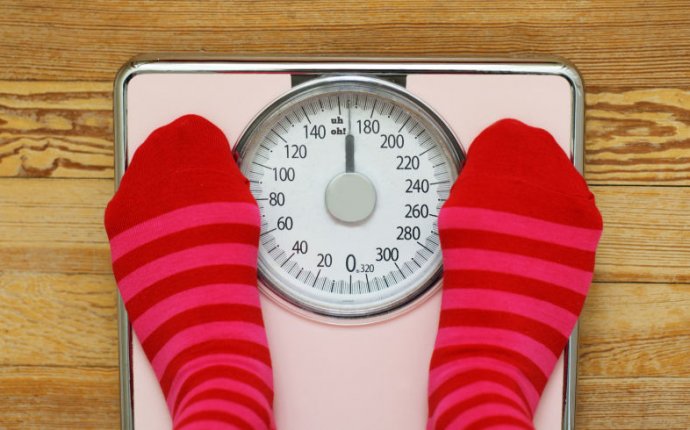
Diet and exercise tips for weight loss
You’ll also want to have people on your side to help you stay motivated and to cheer you on. So ask your family and friends to support your efforts to lose weight.
You might also want to join a weight loss group where you can talk about how it’s going with people who can relate. Or talk with someone you know who’s lost weight in a healthy way. Their encouragement is “contagious, ” in a good way!
Find Out What Drives You to Eat
At the most basic level, food is fuel. It gives you energy to do things. But very few people eat just for that reason. It’s at every social gathering. And it’s where a lot of us turn when we have a rough day.
You’ll need to know what makes you want to eat when you’re not hungry, and have a plan for those moments.
The first step is finding out what your triggers are. Is it stress, anger, anxiety, or depression in a certain part of your life? Or is food your main reward when something good happens?
Next, try to notice when those feelings come up, and have a plan ready to do something else instead of eating. Could you take a walk? Text a friend?
Lastly, reward yourself for making a different choice. Just don’t use food as the reward.
Reset What and When You Eat
You don’t have to go vegan, gluten-free, or quit any particular food group to lose weight. In fact, you’re more likely to keep the pounds off for good if it’s something you can live with for the long term.
But it does make sense to cut way down on, or totally cut out, empty calories.
Limit added sugars. These are the sugars in cookies, cakes, sugar-sweetened drinks, and other items - not the sugars that are naturally in fruits, for instance. Sugary foods often have a lot of calories but few nutrients. Aim to spend less than 10% of your daily calories on added sugars.
Continued
Be choosy about carbs. You can decide which ones you eat, and how much. Look for those that are low on the glycemic index (for instance, asparagus is lower on the glycemic index than a potato) or lower in carbs per serving than others. Whole grains are better choices than processed items, because processing removes key nutrients such as fiber, iron, and B vitamins. They may be added back, such as in “enriched” bread.
Most Americans get enough protein but could choose to get it from leaner sources, so you may already have plenty in your diet. Your exact protein needs depend on your age, gender, and how active you are.
Make friends with good fats. Small amounts of fat can help you feel full and less like you’re on a diet. The better choices are those in fish, nuts, and seeds, and olive oil or coconut oils. Those have unsaturated fats - polyunsaturated or monounsaturated fats, specifically.
Fill up on fiber. You can get that from vegetables, whole grains, fruits - any plant food will have fiber. Some have more than others. Top sources include artichokes, green peas, broccoli, lentils, and lima beans. Among fruits, raspberries lead the list.
Eat more often. If you eat 5-6 times a day, it could keep hunger at bay. You could split your calories equally across all of those mini-meals, or make some bigger than others. You will need to plan portions so that you don’t end up eating more than you bargained for.
What About Meal Replacements? These products will control your calories. They’re convenient and take the guesswork out of dieting.
Again, though, you’ll need to change your eating habits to keep the weight off if you go off the meal replacements.
Watch your drinks. One easy way to lose weight quickly is to cut out liquid calories, such as soda, juice, and alcohol. Replace them with zero-calorie drinks like lemon water, unsweetened tea, or black coffee.
Diet drinks will save you calories, compared with sugary beverages. But if you then reach for a cookie or other treat because you’re still hungry or you think you saved enough calories for it, that plan backfires.
Should You Fast?
You might think that fasting is a quick way to drop pounds. But experts don’t recommend it, because it’s not a long-term solution. It’s better to have an eating plan that you can stick to over time and fits into your lifestyle.
All fasts aren’t the same. Some involve skipping all food. There are also fasts where you eat every other day. There hasn’t been a lot of research on how well off-and-on fasting works in the long run.
During the first days of your fast, you may feel hungry and grumpy. You may also get constipated. And you won’t have the energy to do much, physically. Drink lots of water and take a daily multivitamin. You should also tell your doctor, especially if you take medications that will probably need to be adjusted.
Remember that if you do fast, you’ll still need to change your eating habits once your fast ends.
WebMD Medical Reference Reviewed by Christine Mikstas, RD, LD
Sources
SOURCES:
Caroline Apovian, MD, Nutrition and Weight Management Center, Boston Medical Center.
Monica Auslander, registered dietitian, Essence Nutrition, Miami.
Alison Borkowska, PhD, WeightNot.
Jewels Lett, registered dietitian.














